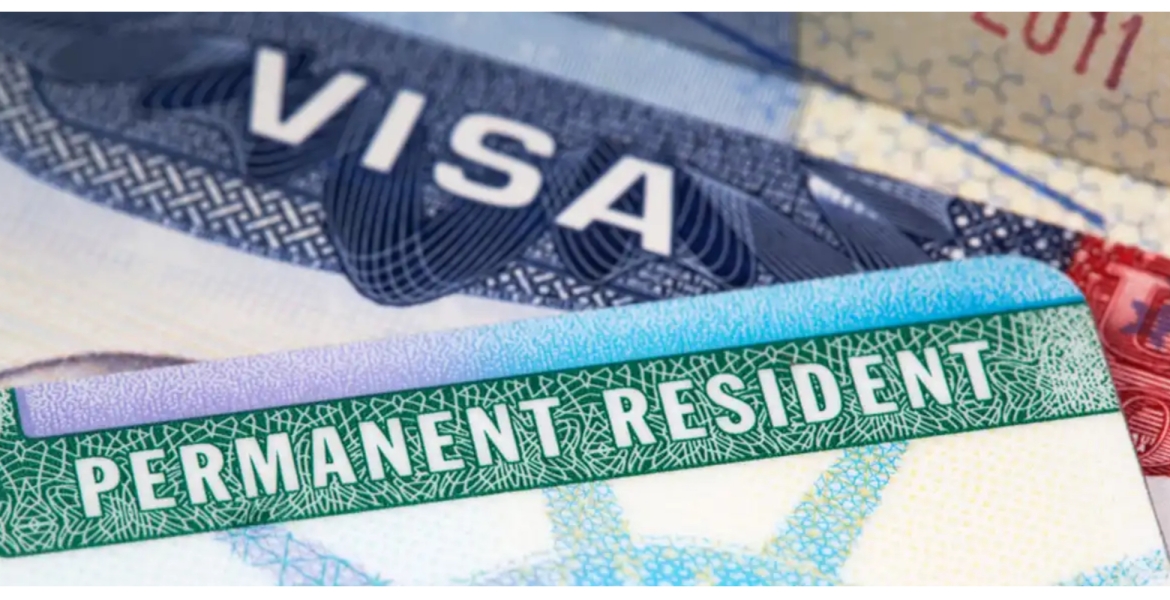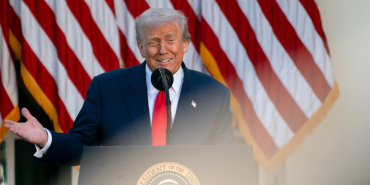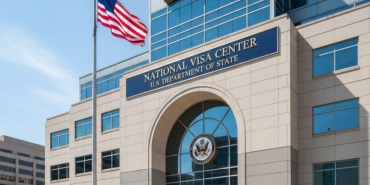US Edges Closer to Scrapping Green Card Country Caps

Two Senators have introduced the Equal Access to Green Cards for Legal Employment (EAGLE) Act of 2022 in the senate, which will potentially ease the immigration of skilled workers into the United States.
The EAGLE Act will eliminate the 7% per-country limit on employment-based immigrant visas and raise the 7% per-country limit on family-sponsored visas to 15%, according to www.workpermit.com.
This will allow American employers to hire immigrants based on merit as opposed to their birthplace. The Bill was cleared by the US House Judiciary Committee in April.
At the moment, only 140,000 employment-based green cards can be issued each year, with a 7% cap on every country.
When applicants from one country surpass the 7% share, a backlog forms, and the excess approved petitions are not considered until a visa becomes available and their petition falls within the initial 7% per-country cap. This creates extensive backlogs, especially for skilled workers from India and China.
Data from the US Citizenship and Immigration Services (USCIS) shows that a total of 369,322 applicants with approved employment-based visa petitions are currently waiting for US visa availability.
A majority of them are applicants under the EB2 and EB3 (for professionals and skilled workers) categories which are used by technology companies to sponsor visas for immigrant workers.
To deal with the backlog and speed up processing, the US immigration agency has done away with in-person interviews for several of the applicants.








Comments
Raila tried to pull a 2007…
Permalink
Raila tried to pull a 2007 and people said no. Ok. He wins the petition what will happen? Kenya will be know to host failed elections since inception?
Reasons supreme court will not nullify Ruto's election as president.
1. They are not ready to create constitutional crisis as IEBC will then be severely compromised to be able to do any reelection and Uhuru being caretaker president means he cannot appoint new IEBC commissioners.
2. The same people who will be asking court to nullify elections refused to participate in the elections in 2017 after the courts ordered a repeat election. The courts won't be ready to create for them such scenario again which almost proved destabilizing in 2017.
3. The courts in 2017 asked IEBC to open servers. In this elections they did by transmitting and posting all results from all the polling stations on a public portal enhancing transparency, credibility and avoiding interference of results.
4. The people petitioning courts to nullify elections because of claims of rigging had all manner of state support in the elections and use govt resources to do campaigns. The court will find it difficult to side with them and believe that the elections was rigged.
5. The courts will find it difficult to nullify two elections in a succession because it then makes Kenyan elections to be always legally challenged and settled in courts instead of the ballot as it should be.
6. Most of the local and international independent observers agreed that the elections were free and fair and agreed with the tallies that were announced by the IEBC hence giving a thumbs up to the elections.
7. The results from polling stations contained in form 34A are final and are all posted in public portal. So far so good no one has provided any evidence to the contrary to show that the results in form 34As do not reflect the results as announced in the polling stations.
8. Its easier for courts to uphold the elections because it maintains political stability judging by the public mood and avoid throwing the country into an electioneering and constitutional crisis. Thus they will go for an easier option.
1st on Line should Be her…
Permalink
1st on Line should Be her Fans on Social media. They Need to Set up a GoFundMe now; Right now.😨
This will be great to…
Permalink
This will be great to skilled workers.hope more kenyans will have an opportunity when applications start this october
we donot want brain drain to…
Permalink
In reply to This will be great to… by Waihenya254 (not verified)
we donot want brain drain to avoid vacuum in our country
Add new comment